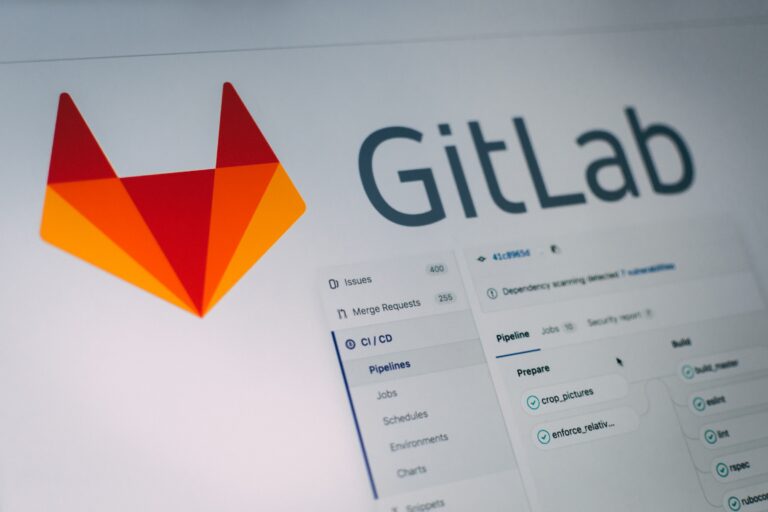DeepMind’s LLMs’ Reasoning Sees Breakthrough with New Framework
Enhancing Reasoning Abilities of Language Models
Researchers from Google DeepMind and the University of Southern California have introduced a groundbreaking approach to improve the reasoning abilities of large language models (LLMs).
SELF-DISCOVER Prompting Framework
Their new ‘SELF-DISCOVER’ prompting framework, published on arXiV and Hugging Face, aims to significantly enhance the performance of leading models such as OpenAI’s GPT-4 and Google’s PaLM 2.
- Performance Increase: The framework promises a substantial performance increase, with up to 32% improvement compared to traditional methods like Chain of Thought (CoT).
- Reasoning Structures: LLMs autonomously uncover task-intrinsic reasoning structures to navigate complex problems.
- Utilization of Reasoning Modules: The framework empowers LLMs to self-discover and utilize various atomic reasoning modules to construct explicit reasoning structures.
Framework Operation
The framework operates in two stages:
- Stage One: Composing a coherent reasoning structure intrinsic to the task, leveraging a set of atomic reasoning modules and task examples.
- Decoding: LLMs follow the self-discovered structure to arrive at the final solution.
Performance and Implications
In extensive testing across various reasoning tasks, the self-discover approach consistently outperformed traditional methods. Additionally, the framework paves the way for tackling more challenging problems and brings AI closer to achieving general intelligence.
Conclusion
Breakthroughs like the SELF-DISCOVER prompting framework represent crucial milestones in advancing the capabilities of language models. This research offers a glimpse into the future of AI and its potential to revolutionize various industries.







